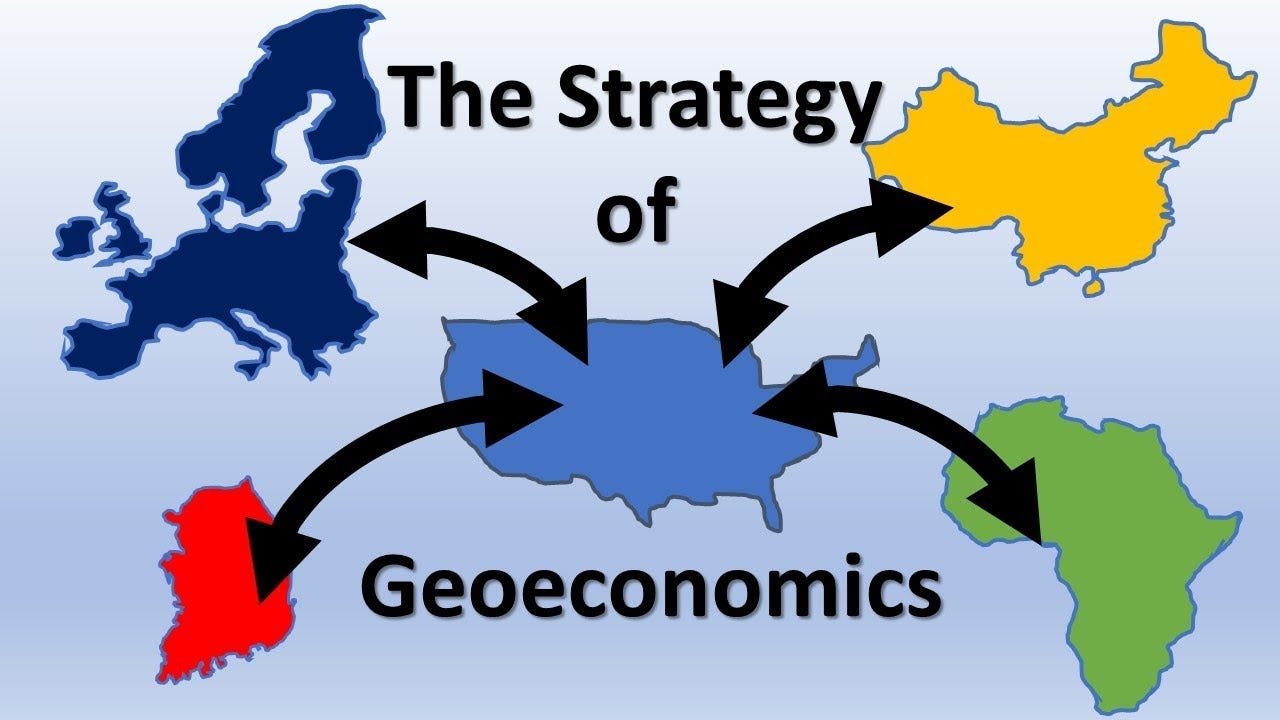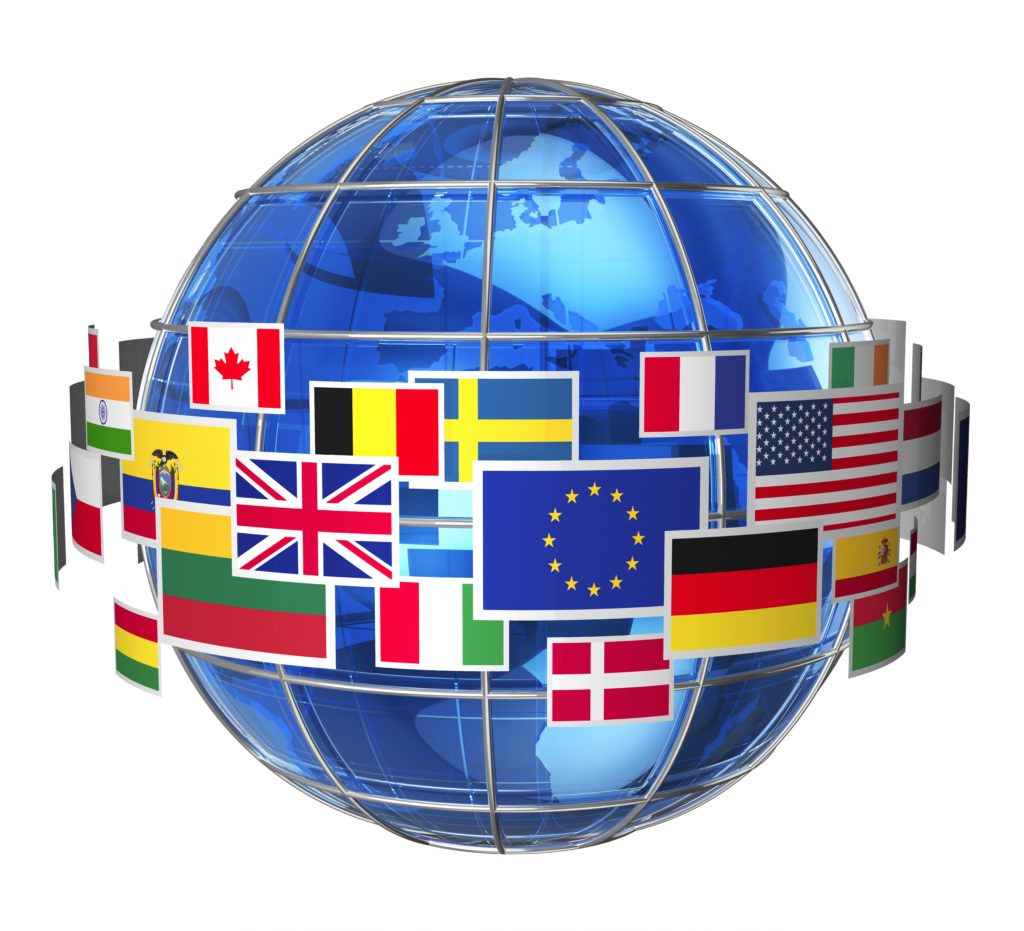It is a good thing there was an “eclipse” yesterday. Otherwise, all “fake news” pundits, that bless what we call television today, would have been speechless. As I think about that, perhaps that tenor would work better than not. Just like this upcoming election, I wish there were better choices available to us than we currently have on the ballot.
People watch channels that reinforce their beliefs. This is not good. It’s a terrible bias when all one bases their decision on is what they believe. Things change, the world’s in a “state of flux” and today’s decision-makers are entrenched in their learned beliefs. Emotions in this investment and trading world need to be better understood, not just enhanced. If all anyone cares to do is “watch” and “listen” to what they already believe nothing is ever going to change.
I could go on and on with this type of discussion as becoming the ‘best damn trader or investor” you can possibly be requires that you open up that ‘space between your ears’. It is important to take in as much information as possible, be adaptable and reflective as you truly listen to what’s presented on every “channel”. It takes time but doing so, you’ll be much better off.
As I complete the third course in The Ticker series, it’s important to discuss a subject near and dear to my heart, “Game Theory”. I was truly blessed in graduate school. The people who “surrounded” me enhanced my intrinsic abilities with their skills and also their beliefs. One in particular was John Nash. You will probably remember him from the Russell Crowe movie, “A Beautiful Mind”. For me it was much more than that. In this ever changing multilateral world, John’s theories taught me how to think. Modern game theory is beneficial. It augments macroeconomic, geopolitical and geoeconomic theory using a fundamental basis. In essence, it taught me how to interpret worldwide events in a way that helped me make financially related decisions. That is why putting it into my third course as a complete segment is important. What follows is an extract of what’s presented.
Game Theory Defined
Geoeconomic game theory is a “branch” of game theory that focuses on analyzing and understanding “strategic interactions” between states, multinational corporations and other actors in the global economy. It combines “elements” of game theory, economics and geopolitics to study how economic decisions and behaviors impact relations and vice versa. Geoeconomic game theory offers a framework for understanding complex interplay between economics and geopolitics in this contemporary global landscape. By applying these “concepts” to real-world scenarios, insights into overall strategies, motivations and dynamics of actors operating globally. That’s important.
Geoeconomic game theory examines the strategic interactions and decision-making processes of various actors within the global economy It analyzes how actual states, multinational corporations, international organizations and all other entities pursue their interests, compete, and cooperate in the economic sphere. Geoeconomic game theory seeks to explain phenomena such as trade wars, economic sanctions, currency manipulation, investment strategies and the formation of today’s economic alliances and blocs.
The evolution of game theory and its “application to geoeconomics” has undergone several key stages, reflecting advancements in both its theoretical understanding and practical application. From its origins in mathematics to its geoeconomic application it reflects a growing recognition of the basic importance of overall economic factors in shaping international relations. Geoeconomic game theory provides a “framework” for analyzing strategic interactions in the global economy.
History Of Game Theory
Game theory originated in the early 20th century. The work of mathematicians such as John von Neumann and Oskar Morgenstern, in their seminal 1944 book, "Theory of Games and Economic Behavior", laid the foundation for modern game theory. During the Cold War, it gained prominence in the field of strategic studies and international relations. Scholars Thomas Schelling and Anatol Rapoport applied these concepts to analyze strategic interactions between the United States and the Soviet Union better understanding nuclear deterrence, arms races and crisis bargaining.
In the 1970s and 1980s, game theory expanded to encompass non-cooperative games, where players act independently and may have conflicting interests. This development of economists, John Nash, Robert Aumann and Reinhard Selten, led to the refinement of solution concepts like “subgame perfect equilibrium” and “extensive-form games”.
John Nash is one of my investing “heroes”. During graduate school we practiced what he preached in what we called “The Game”. Those entities, the various companies that proliferated in our make believe world, illustrated just how ‘bilateral and multilateral’ agreements worked to the benefit of all participants. I learned that “equality” worked from John Nash and was lucky enough to meet him.
Strategic Alliances & Coalition Formation
Modern game theory provides insights into the “dynamics of strategic alliances” and coalition formation, helping “players” assess the overall incentives, risks and potential outcomes of this collaboration. Strategic alliances and coalition formation are critical elements of strategic geoeconomic decision-making. It allows for all of those involved in pooling their resources to share risks and achieve common objectives in the global economy. Modern “game theory” offers frameworks, tools and concepts for analyzing the dynamics of alliance formation, predicting likely outcomes and designing effective strategies for collaboration in an increasingly competitive world.
Strategic alliances involve strategic interactions between players who share common interests or face common challenges in the geoeconomic arena. These interactions are characterized by mutual dependencies, strategic complementarities and the potential for joint action to achieve shared objectives. Modern game theory “models” strategic interactions among alliance members, considering factors such as players' objectives, capabilities, preferences and the structure of the game. It helps all players to analyze the incentives, risks and potential outcomes of forming alliances around the globe.
Coalition formation refers to the process by which all players join together to form alliances or partnerships to pursue common objectives. Coalitions may include states, multinational corporations, international and non-governmental organizations and other actors. Game theory provides frameworks for “modeling” coalition formation, including cooperative games, coalition games and cooperative solution concepts such as the core and the Shapley value. These frameworks help players assess the stability, fairness and efficiency of potential coalitions and predict the most likely outcomes of collaboration.
I could easily continue but essentially, “modern game theory” is a thought process. In today’s world, it is important that communication is ‘transparent and direct’. Bilateral agreements between two parties is a fleeting methodology as the world is comprised of regions of states, not just states as it was prior. Interactions between these regions are important, especially when it comes to trade and the sharing of resources.
It is my objective to ‘give back’ what I’ve learned of my 55+ years of experience. Doing just that is an adventure. Picking and choosing what exactly makes me ‘tick’ is really important. The way it’s presented is just as valuable. For me, applying “game theory” in how I think and make decisions in the investment and trading world is critical. I hope you pick up its basis from this brief article and enhance your knowledge with a few of the courses offered in The Ticker.
Almost fifty years ago Christine McVie and Lindsey Buckingham of “Fleetwood Mac” released “World Turning”. A few years later I understood more, from the inside out, a bit more of what they meant. There is no question that our world keeps turning. How we are able to interpret the changes and apply them o our thought process is key. It is not simply events between two parties that differentiate our decision-making. Today there are many moving parts. multilateral relationships that need to be understood.






